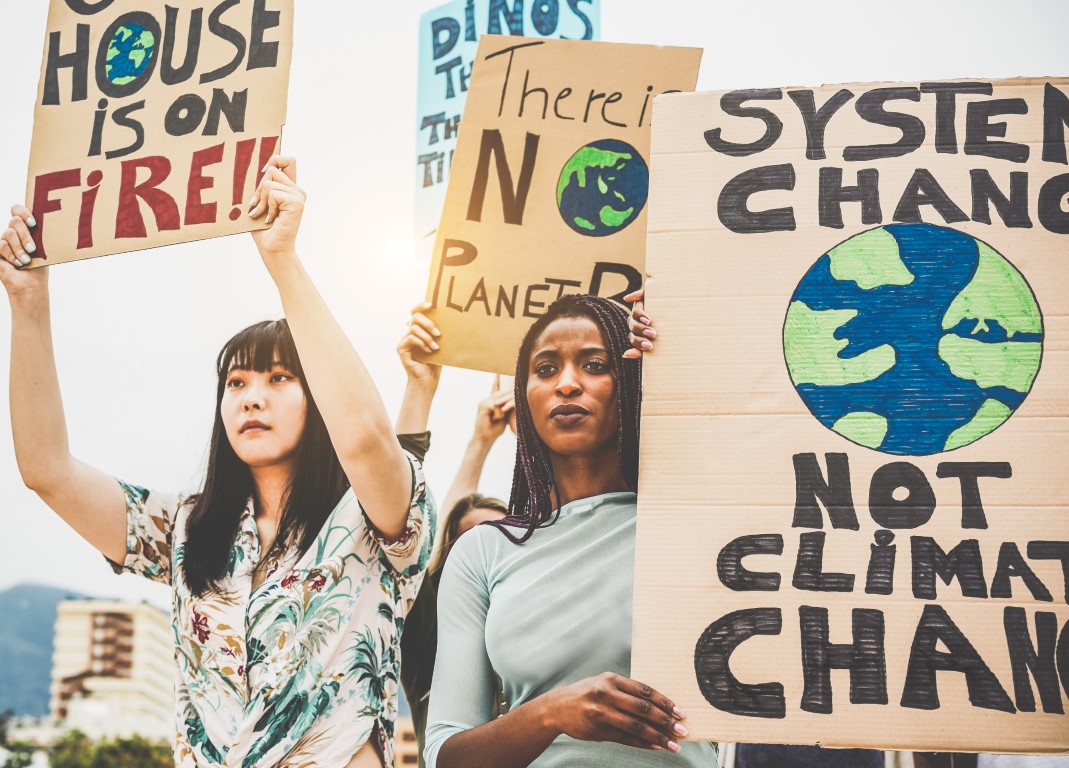
Are millennials the crises generation?
By Matthew Fraser, Opinions Editor
They called those born between 1901 and 1927 the greatest generation. They were renowned for their bravery, innovation, and nation-building ambition; they fought the wars that made modern life possible, they begot the creations that would lead to our current technological state, and they laid the foundations that our modern arts and philosophies arose from. Years have become decades and we are now in the midst of the millennial comeuppance.
All around the world those born between 1981 and 1997 are slowly and steadily rising to the tops of governmental and corporate hierarchies. Yet, that which we have seen on our way to the top has been markedly different than our parents; we have experienced a global recession, a rare global pandemic, and we will probably live through a second global recession. We were privy to the dual terrors of mass violence and climate change and now, while mired in bad habits, face an internal sickness of faulty mind states. If the greatest generation has come and gone, we may be the crises generation.
The 2008 financial crisis buckled America and shattered the veneer of prosperity that covered globalization. Banks went under, stock markets crashed and people watched their lifetime savings vanish into thin air; for many between the ages of 11 and 18 (in 2008) these were times of adult panic that didn’t make sense. How could a bank fail and it drag the rest of the world into such a perilous position?
Eleven years later the internet was teeming with bat soup and sickness memes, but when Italy and Spain began to see their daily deaths counts exceed 500 all jokes had to stop. Though we are not yet out of the virus’ insidious grip, economists predict a second global recession to follow the frightening human loss. Around the world countries have slowed considerably or stopped, while here in Canada we can watch our government hemorrhage money to keep the country afloat. It will come as a shock to many a millennial when the bill comes as we plan for homeownership and meagre retirements; all that was promised to old age has vanished for the youth today. The greatest generation faced war but we have watched the world crumble thrice before our very eyes.
Violence has been the ordering factor of our generation. Not the violence of war or revolution (though both of those are prevalent) but the violence of heartless terror. Millennials came as Columbine imprinted itself on the North American world. Thereafter, 9/11 was our Berlin Wall; the day after which nothing could be the same. Certainly, there has been war but few, if any, could have predicted fighting in a war that is as old or older than them. Then we watched the slow-rolling doom of global warming and its promise of species-existential obliteration, if not all. Forests became grazing lands and oceans became plastic fields and oil slicks, all while we struggled with calculus and high-school drama—aware of the news cycle but oblivious to the actual day this world would become ours.
There has been much debate regarding the prevalence of anxiety and depression amongst millennials. Some say it’s the lack of religiosity and the increased expectance towards sin, while others say that these feelings are not new but have been present and unspoken in every previous generation. Nonetheless it has been coupled with an unceasing rage to change and reimagine the world; yet in my eyes, this struggle for change is poorly thought-out and often irrational after further inspection. The future leaders who surround us and appear in the media shout for a change that they cannot articulate. Worse still, the rush for change disappears when they must implement it amongst themselves. Ours is a generation that rightly sees problems while attempting only the facsimile and shoddy fixes. Occupy Wall street slipped into nothing 10 years before Greta Thunberg would demand change while obstinately declaring she was not there to provide answers.
Soon, if not already, the crises generation will become the stewards of the world at large. We will shape governance and global relations, we will preside over the workings of every corporation, and we will be both the victims and beneficiaries of the history that preceded us. We can only hope that history has engrained temperance and inner strength while pandemics and recessions have made the necessities of prudence clear.


